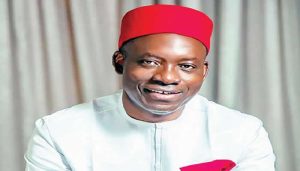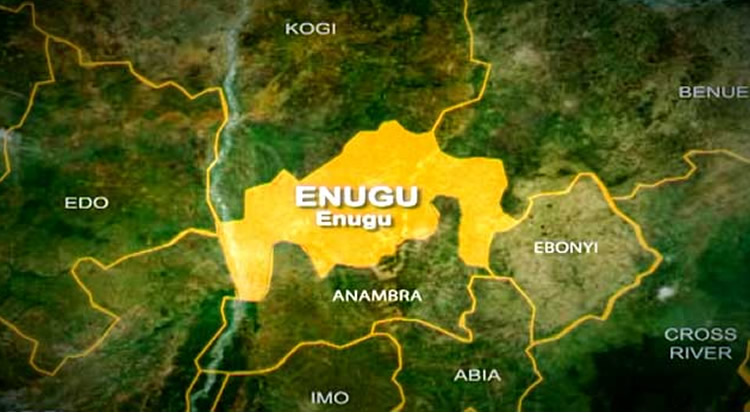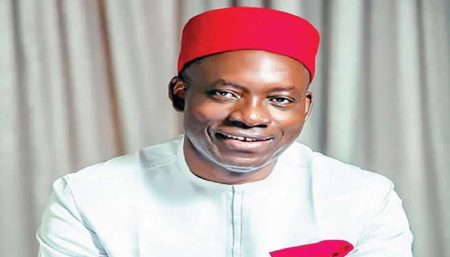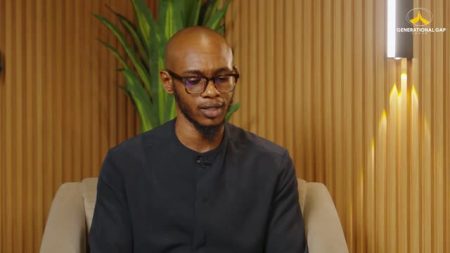The case of Alfred Eme highlights a disturbing trend of alleged police misconduct in Nigeria, characterized by abduction-style arrests, prolonged detention without access to legal representation or family, and the fabrication of charges. Eme’s family, along with the Rule of Law and Accountability Advocacy Centre (RULAAC), are demanding his immediate release and denouncing the police tactics employed in his arrest and subsequent detention. The incident, according to RULAAC’s Executive Director, Okechukwu Nwanguma, underscores a pattern of weaponizing law enforcement through the manipulation of the legal system to intimidate and extort citizens. This alleged abuse of power erodes public trust in law enforcement agencies and raises serious concerns about the protection of fundamental human rights in Nigeria.
Eme’s ordeal began on June 26, 2025, when armed operatives from the Enugu State Anti-Kidnapping Unit stormed his residence in Lagos and arrested him without a warrant, in the presence of his wife. This act, conducted across state lines and without proper legal documentation, raises questions about jurisdictional overreach and the disregard for due process. For days following the arrest, police denied any knowledge of Eme’s whereabouts, effectively subjecting him to enforced disappearance, a grave violation of his constitutional rights. This practice of clandestine detention not only deprives individuals of their liberty without legal justification but also creates a climate of fear and uncertainty among citizens.
The denial of access to family and legal counsel for over a month further exacerbated the injustice faced by Eme. This isolation tactic, often employed to exert pressure and extract confessions, undermines the principle of a fair trial and the right to legal representation. Eme’s brother, Sunday Eme, alleges that during this period, police from both Lagos and Enugu State Commands extorted various sums of money from the family, exploiting their desperation and vulnerability. This alleged extortion adds another layer of corruption to the already troubling narrative of police misconduct.
The charges leveled against Eme, according to his family and RULAAC, are fabricated. Sunday Eme alleges that police officers coerced his brother into signing a pre-written confession implicating him in financing the Indigenous People of Biafra (IPOB). Eme refutes this accusation, insisting that the only money he transferred, a little over N7000, was a payment to a carpenter. This alleged forced confession exemplifies the dangerous practice of manufacturing evidence to incriminate individuals, further eroding the integrity of the justice system. It highlights the vulnerability of individuals in custody and the potential for abuse when due process is disregarded.
The case of Alfred Eme brings into sharp focus the urgent need for police reform and accountability in Nigeria. RULAAC’s condemnation of the police’s actions highlights the organization’s ongoing efforts to expose and combat such abuses of power. Nwanguma’s characterization of the arrest and detention as “abduction-style” emphasizes the illegality and brutality often associated with such operations. He argues that this type of conduct, coupled with the fabrication of charges, has become commonplace within the Nigerian police force, contributing to a culture of impunity and undermining the rule of law.
The demand for Eme’s release is not simply a call for justice in an individual case; it represents a broader plea for systemic change within the Nigerian police force. It underscores the need for greater transparency, accountability, and respect for fundamental human rights. The alleged extortion, forced confession, and prolonged detention without access to legal representation all point to a systemic failure within the law enforcement system. The Eme family and RULAAC’s advocacy serves as a critical voice in the fight against police brutality and the pursuit of justice and accountability in Nigeria. The outcome of this case will have significant implications for the future of police conduct and the protection of citizens’ rights.














